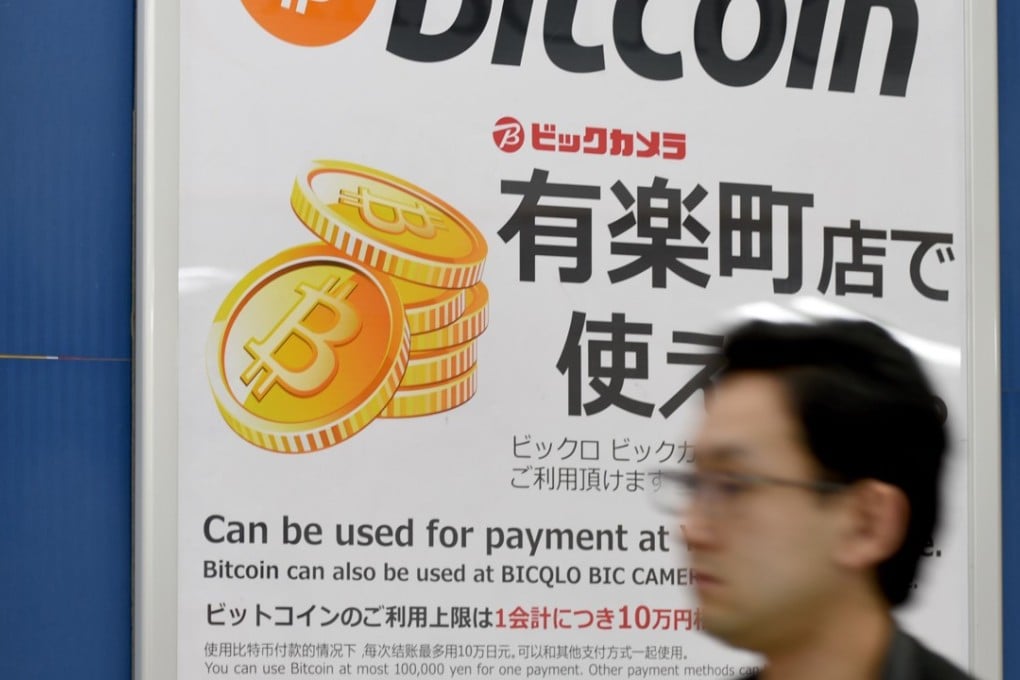Blockchain start-up Loopring raises US$45m in ICO as regulator intensifies scrutiny of cryptocurrency market
ICOs are as-yet unregulated in China as a means of raising funds. They are generally used by start-ups because they bypass the rigorous and regulated capital-raising processes in place

Loopring, the blockchain start-up, has raised 300 million yuan (US$45 million) in an initial coin offering (ICO), as regulators mull over how to get a better understanding of how to crackdown on the growing cryptocurrency market.
Subscriptions for Loopring tokens were received between August 1 and August 16 through ethereum (ETH), considered the leading blockchain platform for ICOs. 120,0000 ether was raised in Loopring’s ICO.
Simplified by some as a cross between crowdfunding and an initial public offering, ICOs involve the sale of virtual coins mostly based on the ethereum blockchain, similar to the technology that underpins bitcoin, which have surged in value.

Unlike a traditional IPO in which buyers receive shares, getting behind a start-up’s ICO nets you virtual tokens – essentially mini-cryptocurrencies – unique to the issuing company or its network.
These can grow in value if the business or network, usually a start-up, proves viable and attracts more people and boosting liquidity.